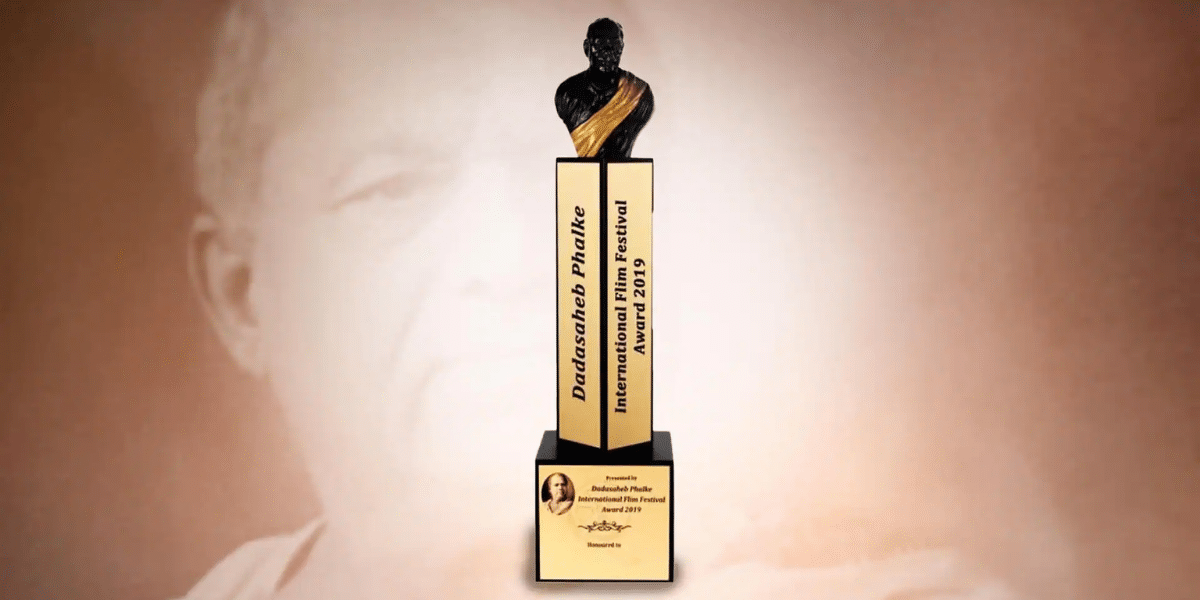
Quick Summary
Table of Contents
Indian cinema, one of the world’s largest and most influential film industries, has made a remarkable contribution to global culture. From the rich storytelling of regional films to the grandeur and spectacle of Bollywood, it reflects India’s diversity, traditions, and artistic creativity. Over the decades, Indian cinema has not only entertained millions but also inspired filmmakers across the globe with its unique narratives, memorable performances, and integration of music and drama.
To honor the pioneers and legends who have shaped this vibrant industry, the Government of India instituted the Dadasaheb Phalke Award, named after Dhundiraj Govind Phalke, widely regarded as the “Father of Indian Cinema.” This award is recognized as the highest honor in Indian cinema, celebrating the lifetime achievements of filmmakers, actors, musicians, and technicians who have impacted the art form.
Beyond acknowledging professional excellence, the award serves as a tribute to India’s cinematic legacy, preserving the contributions of trailblazers and inspiring future generations to carry forward the country’s rich film heritage.
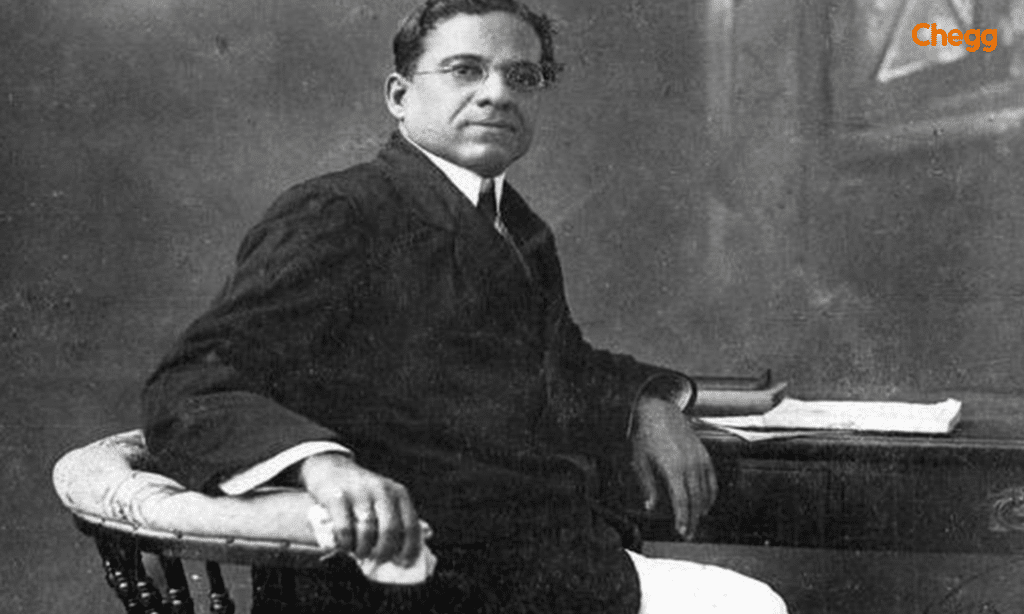
Dhundiraj Govind Phalke, widely known as Dadasaheb Phalke, is revered as the Father of Indian Cinema. Born on April 30, 1870, in Trimbak, Maharashtra, he displayed a passion for art, photography, and drama from an early age. Phalke studied fine arts at the Sir J.J. School of Art in Bombay and later explored printing and visual techniques, which shaped his creative vision.
In 1913, he made a historic contribution with Raja Harishchandra, India’s first full-length feature film. Phalke directed, produced, edited, and handled the screenplay and effects, pioneering filmmaking in a country where cinema was virtually unknown. Over his career, he created over 90 films and numerous short features, blending mythology with innovative cinematic techniques.
The Dadasaheb Phalke Award was instituted in 1969 to honor his monumental contributions. Named after him, the award celebrates his vision, creativity, and enduring legacy, continuing to inspire generations in Indian cinema.
The Dadasaheb Phalke Award is the highest honor in Indian cinema, and it is presented annually to film personalities for their lifetime contributions to the industry. It was instituted in 1969 to mark the birth centenary of Dadasaheb Phalke, the visionary behind India’s first full-length feature film, Raja Harishchandra (1913). The award celebrates his pioneering efforts and lasting legacy, recognizing individuals whose work has significantly shaped Indian cinema.
The first recipient, Devika Rani, a legendary actress and producer often called the “First Lady of Indian Cinema,” set a precedent for honoring cinematic excellence. Over the years, the award has continued to acknowledge actors, directors, producers, musicians, and technicians whose dedication and creativity have enriched Indian films, making it the ultimate recognition of a lifetime of achievement in the industry.
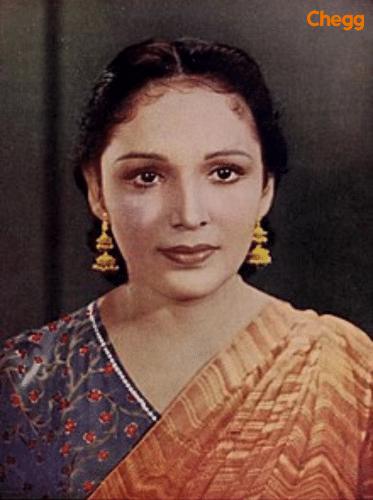
The Directorate of Film Festivals (DFF) annually administers the award under the Ministry of Information and Broadcasting. Recipients receive a Swarn Kamal (Golden Lotus) medallion, a shawl, and a cash prize. Over the years, actors, directors, musicians, and other cinematic pioneers have been honored. Beyond recognizing individual excellence, the award symbolizes the spirit and cultural legacy of Indian cinema, inspiring generations worldwide.
The Dadasaheb Phalke Award is more than a recognition; it is a national tribute to individuals whose lifetime contributions have impacted Indian cinema. To preserve its prestige, the selection follows a structured and transparent process that ensures deserving personalities are honored fairly.
The award is open to individuals from all spheres of cinema who have dedicated their careers to Indian films. It recognizes a wide range of roles, including:
The Directorate of Film Festivals (DFF) constituted a national jury each year. This jury comprises eminent figures from cinema, culture, and the arts. They carefully evaluate the lifetime achievements of eligible individuals, considering their influence, consistency, and contributions to the growth of Indian cinema. The jury recommends the most deserving candidate for the award based on a detailed review.
The Ministry of Information and Broadcasting, Government of India, oversees the final approval of the jury’s recommendation. This ensures that the selection process remains transparent, credible, and aligned with the award’s purpose: to honor outstanding contributions to Indian cinema.
Through this rigorous selection process, the Dadasaheb Phalke Award maintains its status as the ultimate lifetime achievement honor, celebrating individuals whose dedication, talent, and vision have shaped India’s cinematic heritage and inspired generations of filmmakers, artists, and audiences.

The Dadasaheb Phalke Award has been conferred annually since 1969 to honor lifetime contributions to Indian cinema. Below is the year-wise list of winners along with their profession or contribution.
| Year | Recipient | Contribution / Profession |
|---|---|---|
| 1969 | Devika Rani | Actress, Producer |
| 1970 | Birendranath Sircar | Producer (New Theatres) |
| 1971 | Prithviraj Kapoor | Actor, Theatre Pioneer |
| 1972 | Pankaj Mullick | Music Director, Singer |
| 1973 | Ruby Myers (Sulochana) | Actress |
| 1974 | B. N. Reddy | Director, Producer |
| 1975 | Dhirendra Nath Ganguly | Filmmaker, Producer |
| 1976 | Kanan Devi | Actress, Singer, Producer |
| 1977 | Nitin Bose | Director, Cinematographer |
| 1978 | Rai Chand Boral | Music Director |
| 1979 | Sohrab Modi | Actor, Director |
| 1980 | Paidi Jairaj | Actor, Director |
| 1981 | Naushad | Music Director |
| 1982 | L. V. Prasad | Actor, Director, Producer |
| 1983 | Durga Khote | Actress, Pioneer |
| 1984 | Satyajit Ray | Director, Screenwriter |
| 1985 | V. Shantaram | Director, Producer |
| 1986 | B. Nagi Reddy | Producer |
| 1987 | Raj Kapoor | Actor, Director, Producer |
| 1988 | Ashok Kumar | Actor |
| 1989 | Lata Mangeshkar | Playback Singer |
| 1990 | Akkineni Nageswara Rao | Actor (Telugu) |
| 1991 | Bhalji Pendharkar | Filmmaker, Historian |
| 1992 | Bhupen Hazarika | Musician, Lyricist |
| 1993 | Majrooh Sultanpuri | Lyricist |
| 1994 | Dilip Kumar | Actor |
| 1995 | Rajkumar | Actor (Kannada) |
| 1996 | Sivaji Ganesan | Actor (Tamil) |
| 1997 | Kavi Pradeep | Lyricist, Poet |
| 1998 | B. R. Chopra | Director, Producer |
| 1999 | Hrishikesh Mukherjee | Director |
| 2000 | Asha Bhosle | Playback Singer |
| 2001 | Yash Chopra | Director, Producer |
| 2002 | Dev Anand | Actor, Producer, Director |
| 2003 | Mrinal Sen | Filmmaker (Bengali) |
| 2004 | Adoor Gopalakrishnan | Director (Malayalam) |
| 2005 | Shyam Benegal | Director |
| 2006 | Tapan Sinha | Director |
| 2007 | Manna Dey | Playback Singer |
| 2008 | Adoor Gopalakrishnan | Director (Repeated Entry – official confirmation varies by year) |
| 2009 | D. Ramanaidu | Producer |
| 2010 | D. Ramanaidu / Onwards (official sequence continues) | |
| 2011 | K. Balachander | Director, Producer |
| 2012 | Soumitra Chatterjee | Actor (Bengali) |
| 2013 | Gulzar | Lyricist, Director, Poet |
| 2014 | Shashi Kapoor | Actor |
| 2015 | Manoj Kumar | Actor, Director |
| 2016 | K. Viswanath | Director (Telugu) |
| 2017 | Vinod Khanna | Actor |
| 2018 | Amitabh Bachchan | Actor |
| 2019 | Rajinikanth | Actor |
| 2020 | Asha Parekh | Actress |
| 2021 | (Award merged into subsequent year presentation) | |
| 2022 | Asha Parekh | Actress (official year of conferment) |
| 2023 | Waheeda Rehman | Actress |
| 2024 | Mithun Chakraborty | Actor |
| 2025 | Mohanlal | Actor, Director, Producer |
The Dadasaheb Phalke Award has celebrated legendary figures whose lifetime contributions have shaped Indian cinema.
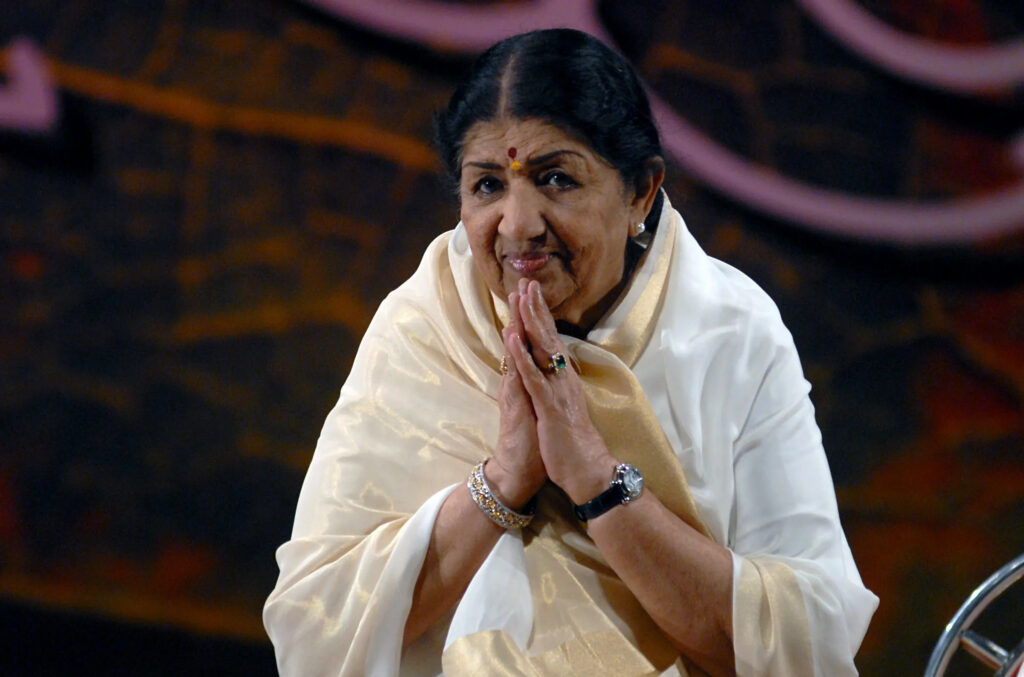
Awarded in 1989, Lata Mangeshkar’s melodious voice defined generations of Indian films. Singing thousands of songs in multiple languages, she set the benchmark for playback singing and left an enduring legacy in music.
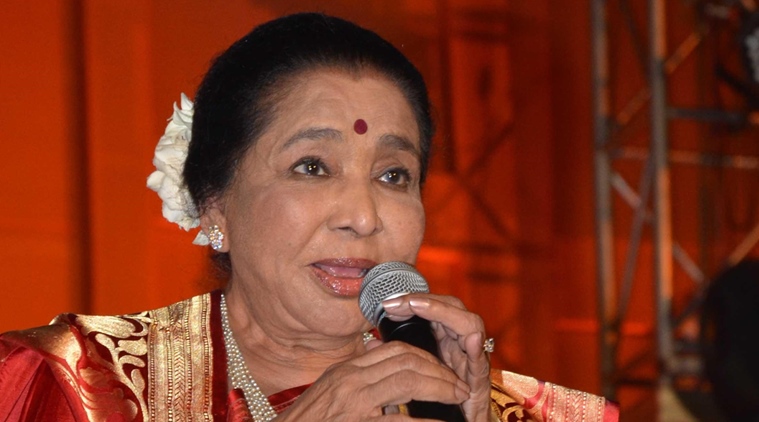
Honored in 2000, Asha Bhosle revolutionized film music with her versatility. From classical melodies to lively contemporary numbers, her emotive singing enriched Indian cinema and inspired countless artists.
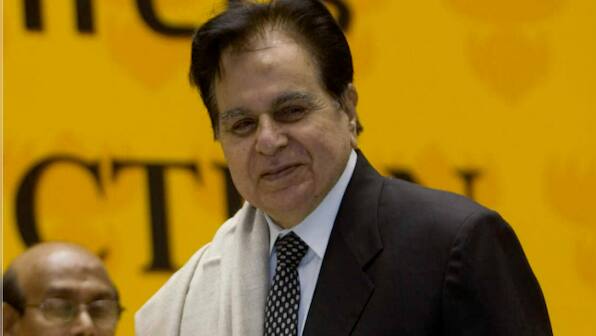
Known as the “Tragedy King,” Dilip Kumar was recognized for his intense acting and naturalistic performances. Films like Devdas and Mughal-e-Azam showcased his ability to convey deep emotion, influencing generations of actors.
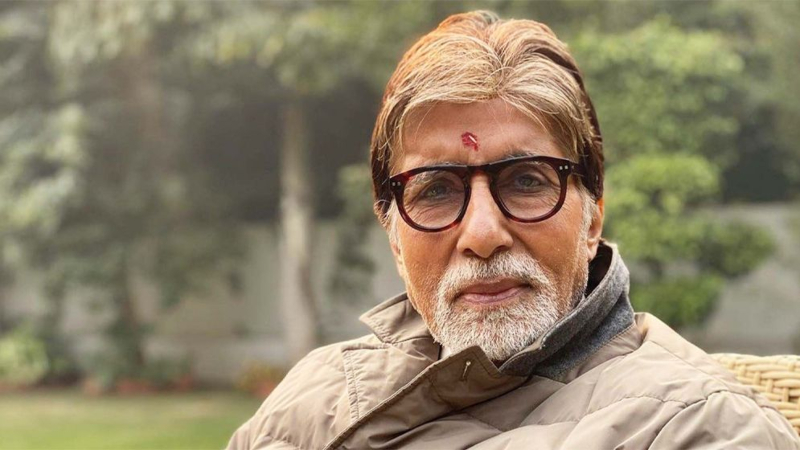
Awarded in 2018, Amitabh Bachchan became a symbol of modern Indian cinema. With iconic roles in Sholay, Zanjeer, and Paa, his versatility and charisma have made him a global cinematic icon.
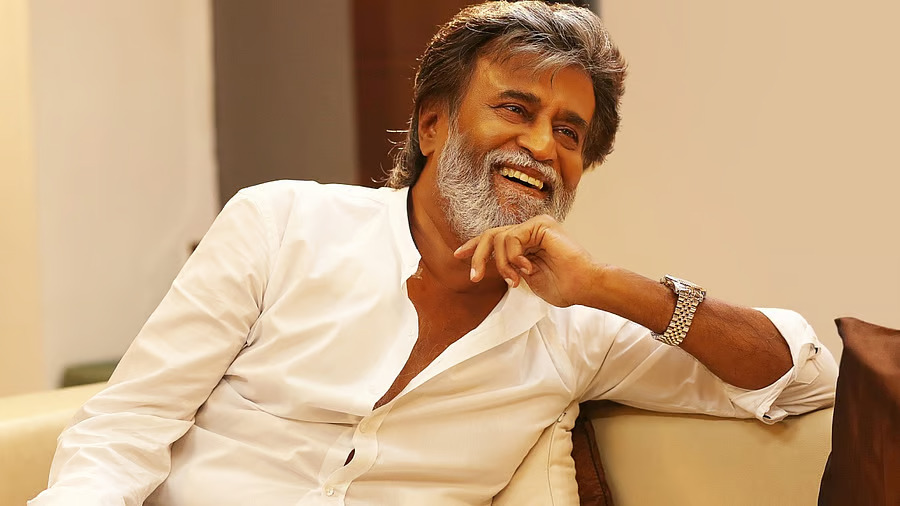
Honored in 2019, Rajinikanth is renowned for his unique style and screen presence. Beyond acting, he shaped the commercial and cultural landscape of Tamil cinema, earning a massive pan-India and international following.
These illustrious recipients exemplify the prestige of the Dadasaheb Phalke Award. Their contributions inspire new generations and ensure that Indian cinema remains a powerful cultural force worldwide.
The Dada Saheb Phalke Award is considered the ultimate lifetime achievement award in Indian cinema. Unlike annual awards that recognize individual films or performances, this award honors an individual’s entire contribution to the growth and development of Indian cinema. It celebrates decades of dedication, creativity, and excellence, symbolizing an enduring legacy in the cinematic world.
Recipients are recognized for their lifelong commitment to cinema, whether as actors, directors, producers, musicians, or technicians. The award acknowledges professional excellence and the influence these individuals have had on shaping Indian cinema and inspiring future generations.
While Filmfare and National Film Awards celebrate yearly achievements in acting, directing, or music, the Dada Saheb Phalke Award stands apart because it honors a career rather than a single project. Similarly, although civilian awards like the Padma Awards recognize contributions to arts and culture, the Phalke Award exclusively focuses on cinema, reinforcing its specialized prestige within the film industry.
The award carries immense cultural significance, commemorating the pioneering work of Dadasaheb Phalke, the Father of Indian Cinema. Receiving it is a professional honor and a national acknowledgment of one’s lasting impact on India’s cinematic heritage. It symbolizes the bridge between India’s rich film history and its evolving future, inspiring filmmakers, artists, and audiences.
The Dadasaheb Phalke Award is more than an accolade; it is a tribute to vision, talent, and dedication, representing the pinnacle of recognition in Indian cinema.
In recent years, the Dadasaheb Phalke Award has continued to generate significant media attention. Coverage of awardees like Mithun Chakraborty (2024) and Mohanlal (2025) highlights their personal achievements and the evolving landscape of Indian cinema. Major news outlets, television channels, and digital platforms extensively report the awards, reflecting their continued cultural relevance.
The public and film industry response to recent recipients has been overwhelmingly positive. Fans celebrate these legends on social media, while peers in the film fraternity praise their lifetime contributions, underscoring the award’s role in honoring enduring excellence.
An emerging debate has also begun regarding recognizing contributions in digital cinema, web series, and new-age filmmaking. With streaming platforms reshaping storytelling and production styles, some critics argue that the traditional focus on mainstream cinema may need to expand to include impactful work in digital media. This discussion reflects a broader effort to adapt the award to contemporary cinematic achievements while maintaining its historic prestige.
Overall, the Dadasaheb Phalke Award remains a benchmark of lifetime excellence, balancing tradition with a gradual acknowledgment of modern contributions to Indian cinema.
The Dadasaheb Phalke Award is the highest honor in Indian cinema, celebrating the lifetime achievements of artists, filmmakers, musicians, and technicians who have shaped the industry. Recognizing decades of dedication, creativity, and innovation not only honors individual excellence but also highlights the rich legacy of Indian cinema. Over the years, the award has immortalized pioneers and legends, from Lata Mangeshkar and Dilip Kumar to Amitabh Bachchan and Mohanlal, ensuring their contributions continue to inspire future generations.
Unlike annual awards that focus on a single film or performance, the Phalke Award encapsulates a career of enduring influence, symbolizing national pride and cinematic heritage. In essence, the Dadasaheb Phalke Award is not just recognition; it is a celebration of India’s cinematic journey, a tribute to the vision, talent, and dedication that have made Indian films a cultural phenomenon worldwide.
Read More-
The 54th Dadasaheb Phalke Award was presented to Amitabh Bachchan in 2018, honoring his extraordinary lifetime contribution to Indian cinema. His iconic performances, versatility, and enduring influence have made him one of the most celebrated figures in Bollywood history.
The first recipient of the Dadasaheb Phalke Award was Devika Rani in 1969. Known as the “First Lady of Indian Cinema,” she was honored for her pioneering contributions as an actress and producer in shaping Indian films.
The 55th Dadasaheb Phalke Award in 2025 was awarded to Mohanlal for his exceptional lifetime contributions to Indian cinema. He is the first Malayalam actor to receive the honor, recognized for his versatile performances and lasting impact across Indian films.
The 71st National Film Awards (2025) honored the best of Indian cinema from 2023. Key winners included Best Feature Film: 12th Fail, Best Actor: Shah Rukh Khan and Vikrant Massey, Best Actress: Rani Mukerji, and Best Director: Sudipto Sen.
The 47th Dadasaheb Phalke Award was conferred upon Manoj Kumar in 2015 for his lifetime contributions to Indian cinema. Known for patriotic-themed films like Upkar and Roti Kapda Aur Makaan, he is fondly called “Bharat Kumar.”
The Dadasaheb Phalke Award is India’s highest cinema honor, presented annually to individuals for their lifetime contribution to Indian films. It recognizes actors, directors, musicians, and technicians whose work has significantly shaped and enriched the Indian film industry.

Authored by, Muskan Gupta
Content Curator
Muskan believes learning should feel like an adventure, not a chore. With years of experience in content creation and strategy, she specializes in educational topics, online earning opportunities, and general knowledge. She enjoys sharing her insights through blogs and articles that inform and inspire her readers. When she’s not writing, you’ll likely find her hopping between bookstores and bakeries, always in search of her next favorite read or treat.
Editor's Recommendations
Chegg India does not ask for money to offer any opportunity with the company. We request you to be vigilant before sharing your personal and financial information with any third party. Beware of fraudulent activities claiming affiliation with our company and promising monetary rewards or benefits. Chegg India shall not be responsible for any losses resulting from such activities.
Chegg India does not ask for money to offer any opportunity with the company. We request you to be vigilant before sharing your personal and financial information with any third party. Beware of fraudulent activities claiming affiliation with our company and promising monetary rewards or benefits. Chegg India shall not be responsible for any losses resulting from such activities.